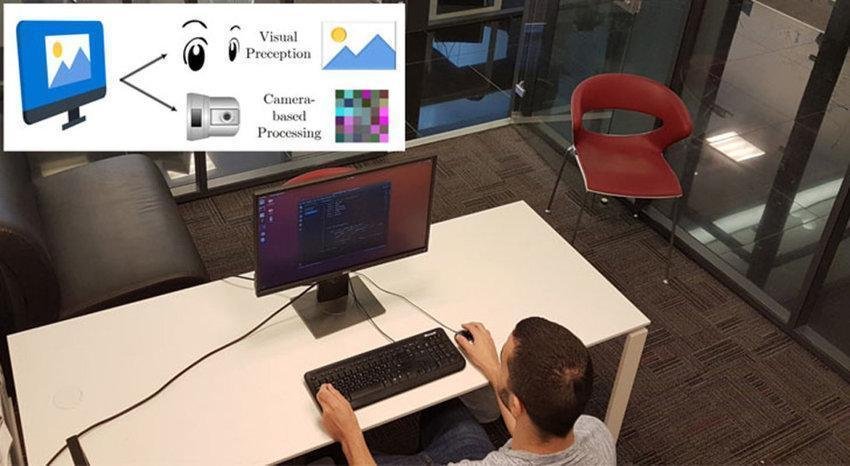A recent study revealed that hackers could steal your data simply by monitoring the brightness of your computer screen.

There are a number of ways to collect data from computers without the requirement connections in network or without hackers needing to be in front of your computer. Such examples have been reported through of speakersthrough of the fan, through the led of your hard drive, and a bunch of imaginative scenarios.
Such clever hacking is also through the brightness of the screen. Researchers have found a way to steal data from computers remotely, without connection to the network or other devices, using the brightness of the LCD screen.
Η προσέγγιση αυτή έγκειται στις ανεπαίσθητες αλλαγές των τιμών των χρωμάτων RGB της οθόνης LCD, τις οποίες όμως μπορεί να εντοπίσει μια συσκευή που διαθέτει κάμερα. Θα μπορούσαν, θεωρητικά, hackers να σας εξαπατήσουν ώστε να φορτώσετε κάποιο κακόβουλο λογισμικό στο σύστημα σας και μετά να χρησιμοποιήσουν τις κοντινές κάμερες security για να διαβάσουν αυτές τις information.
If you're already up and looking out your window for cameras pointing at you, calm down. As research reports, hackers except hacking your computer should also hack a camera that has direct visual contact with your screen.
As a script it obviously does not suit ordinary users, but it could very well be applied to highly secure computers whose data has enough weight. As for state or industrial espionage. If you are an entrepreneur and your competition is very big and intensely aggressive, then seriously consider removing the cameras that see your computer screens.
See the relevant video below:





